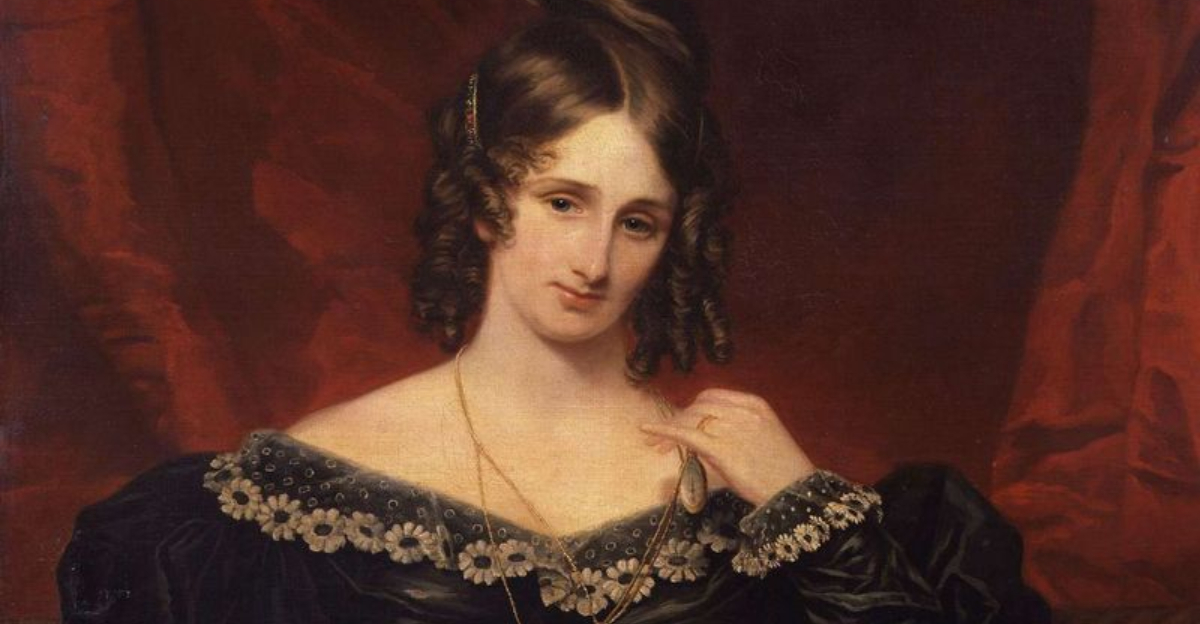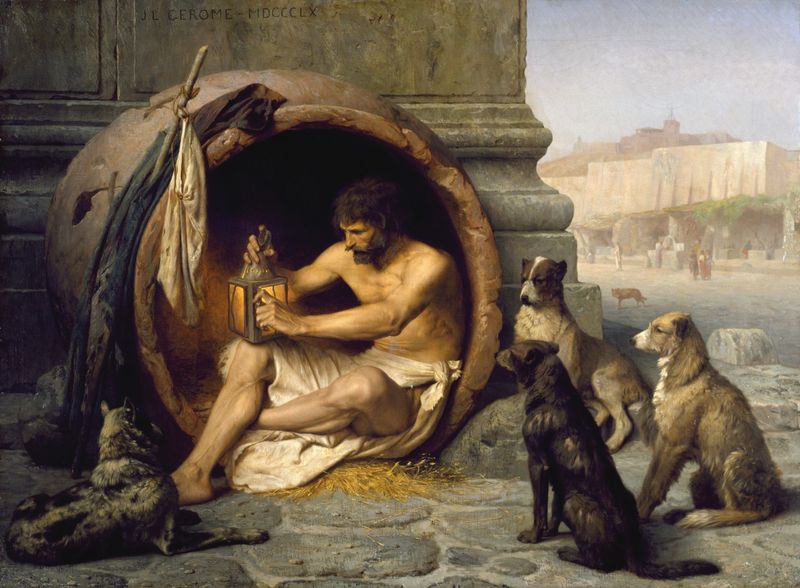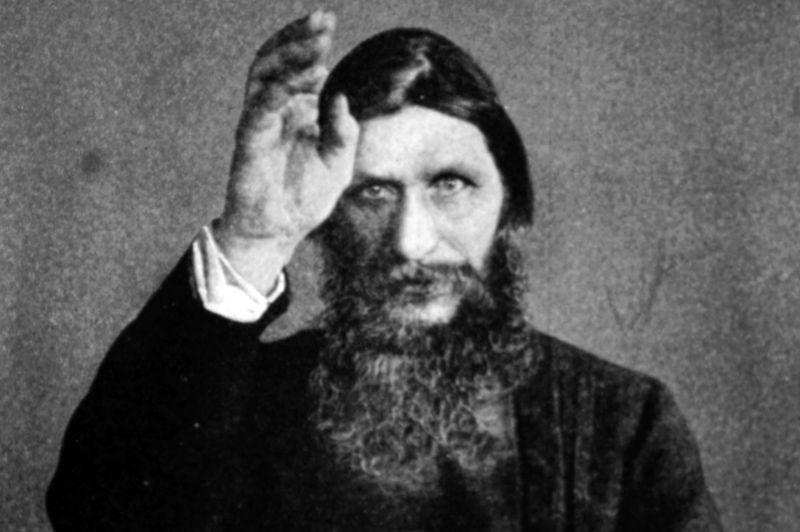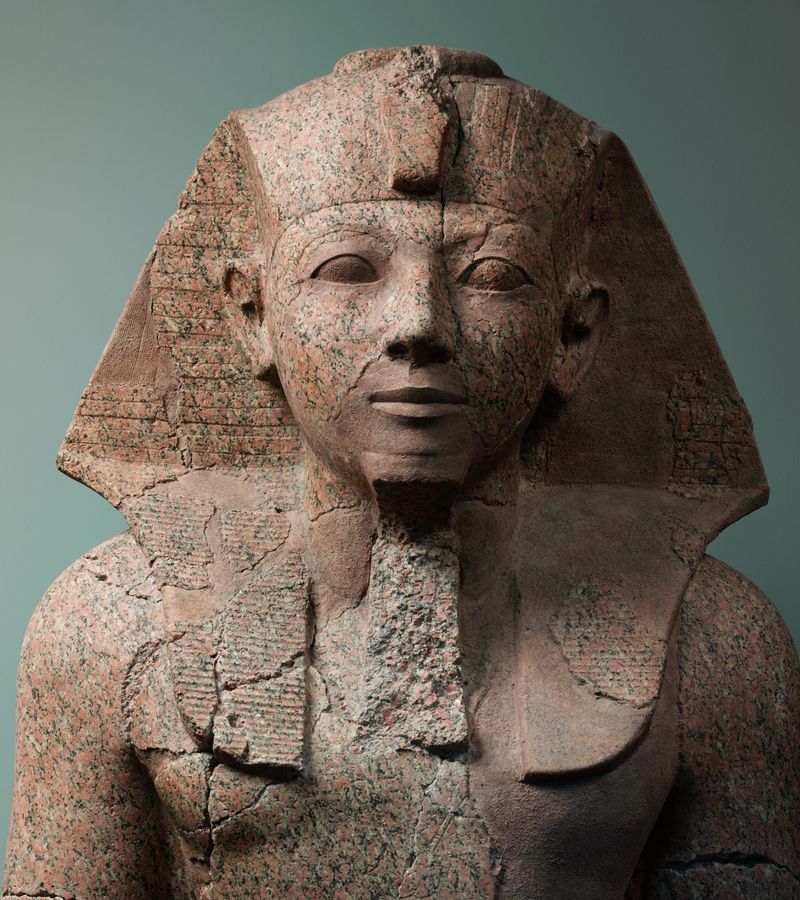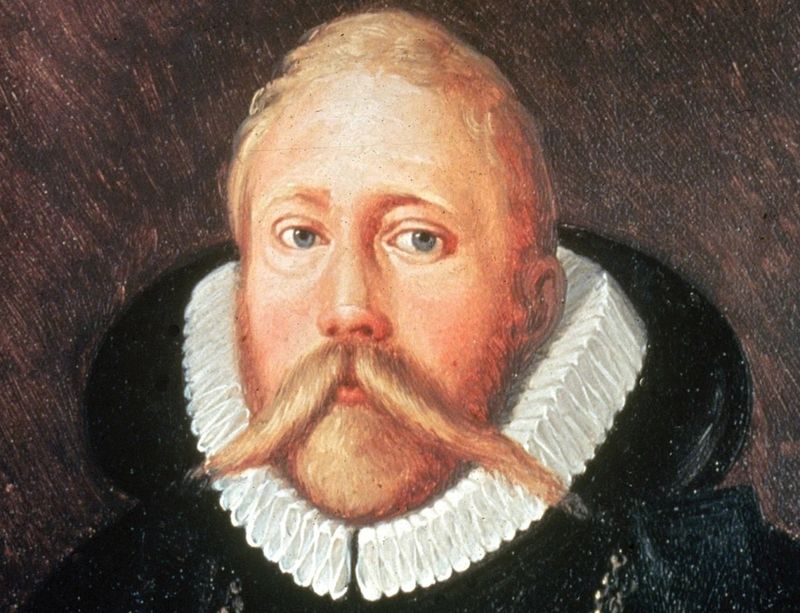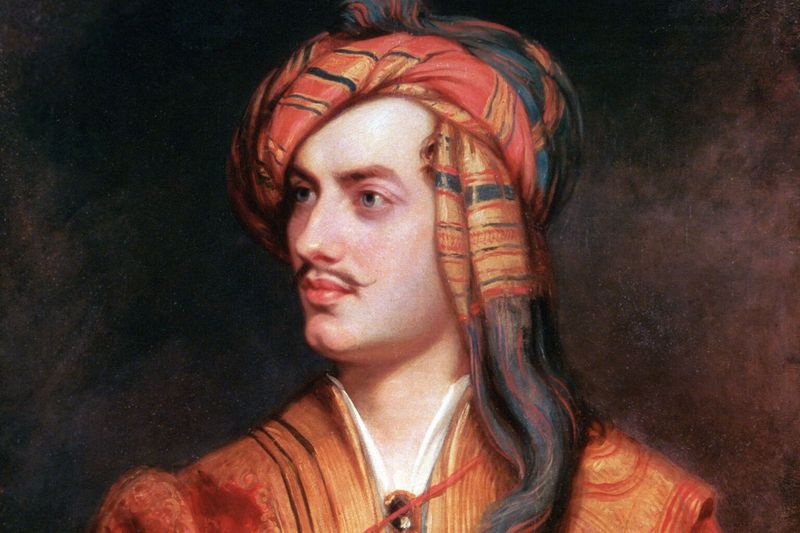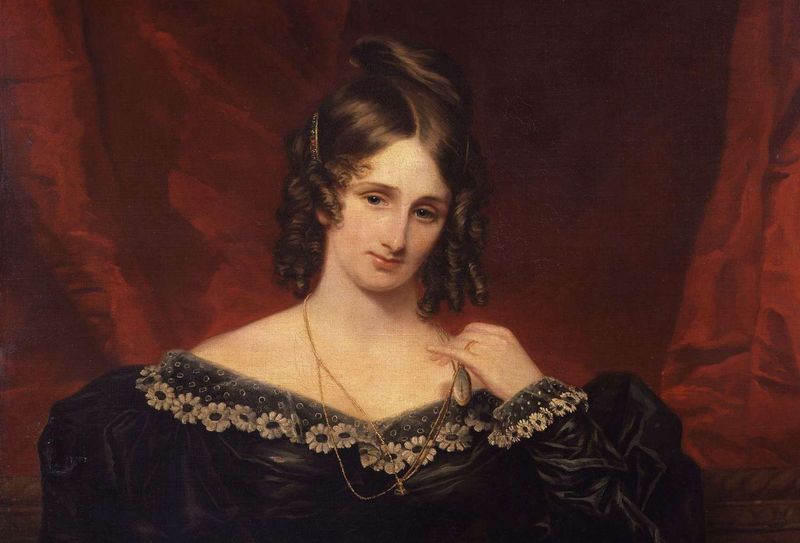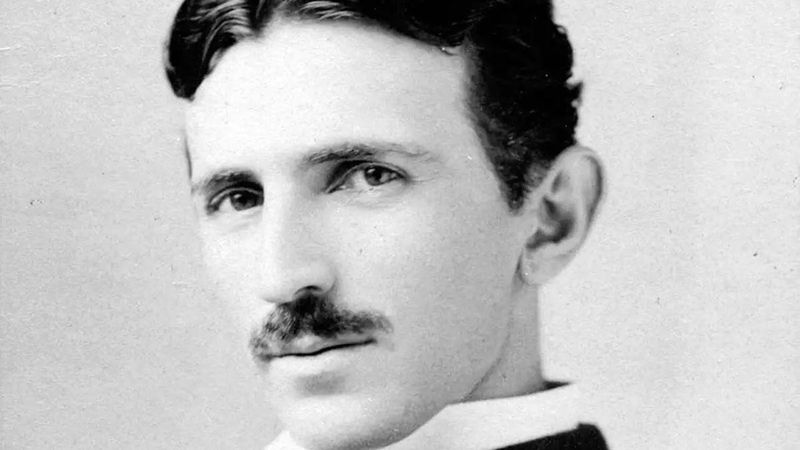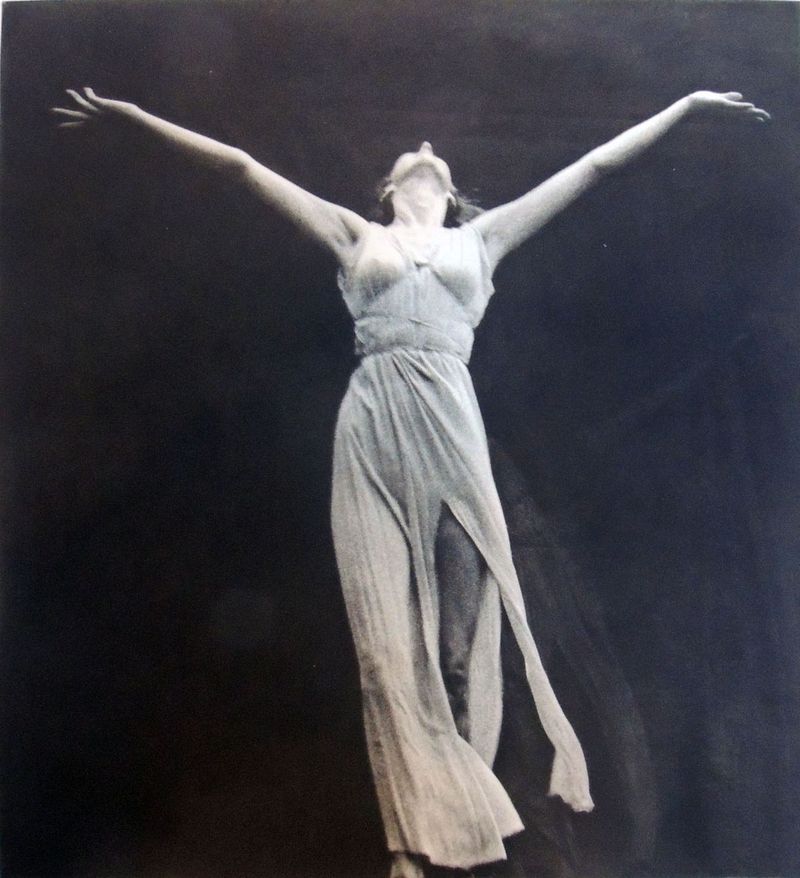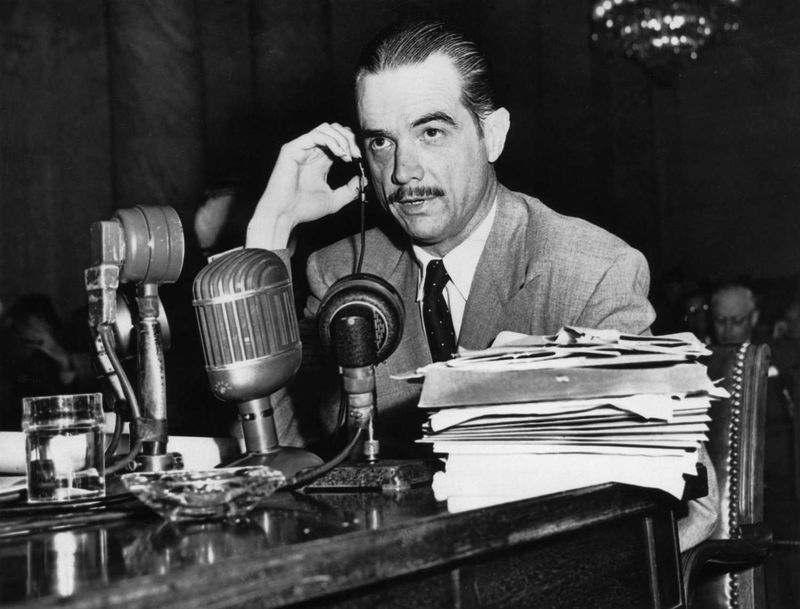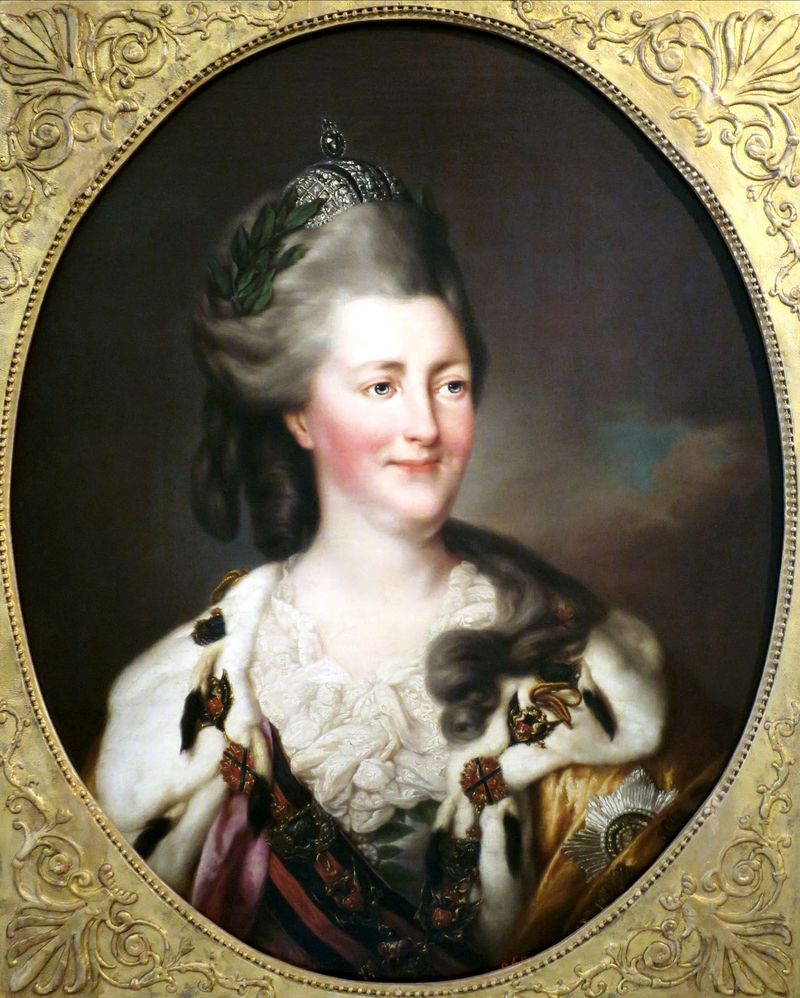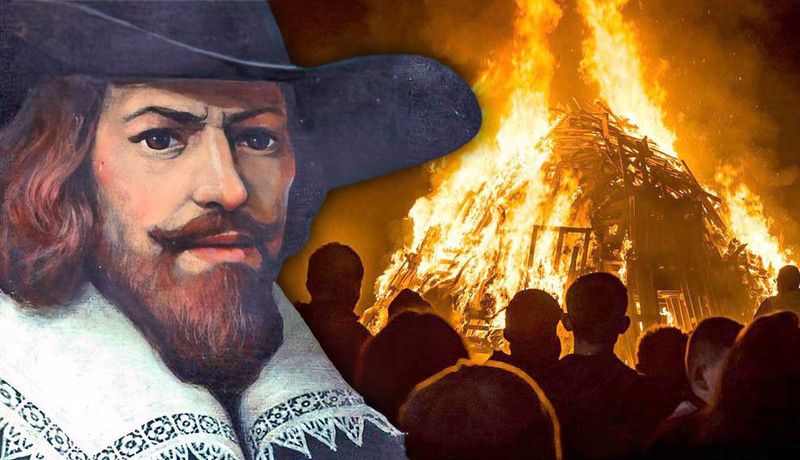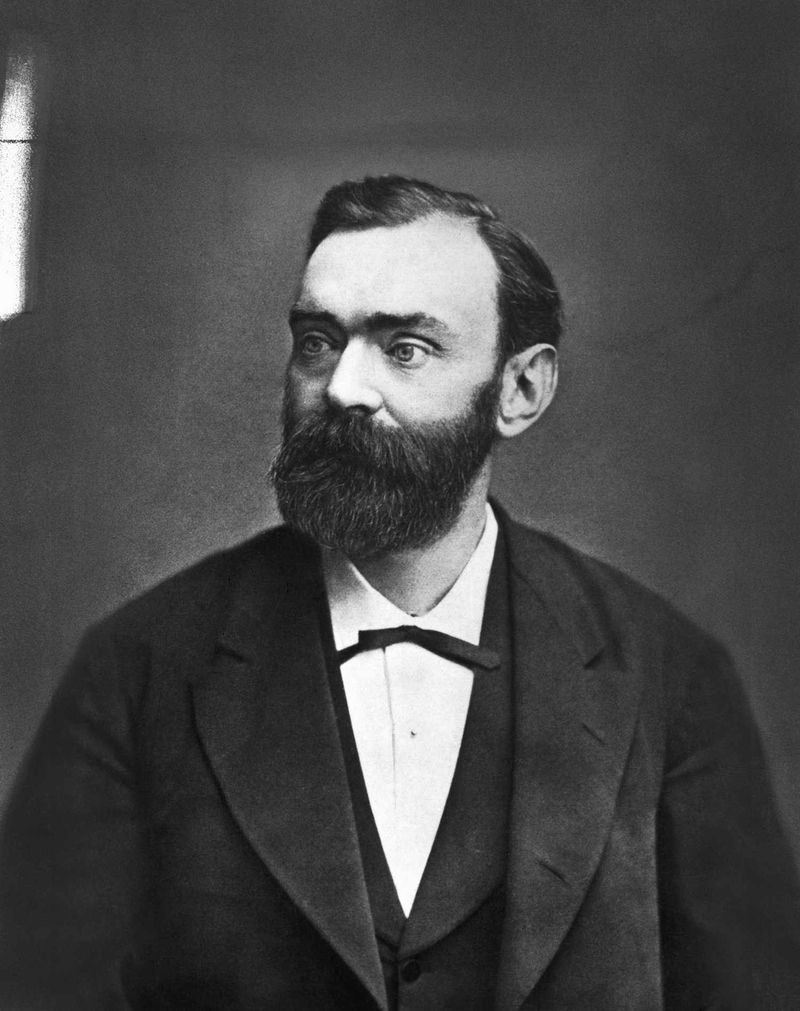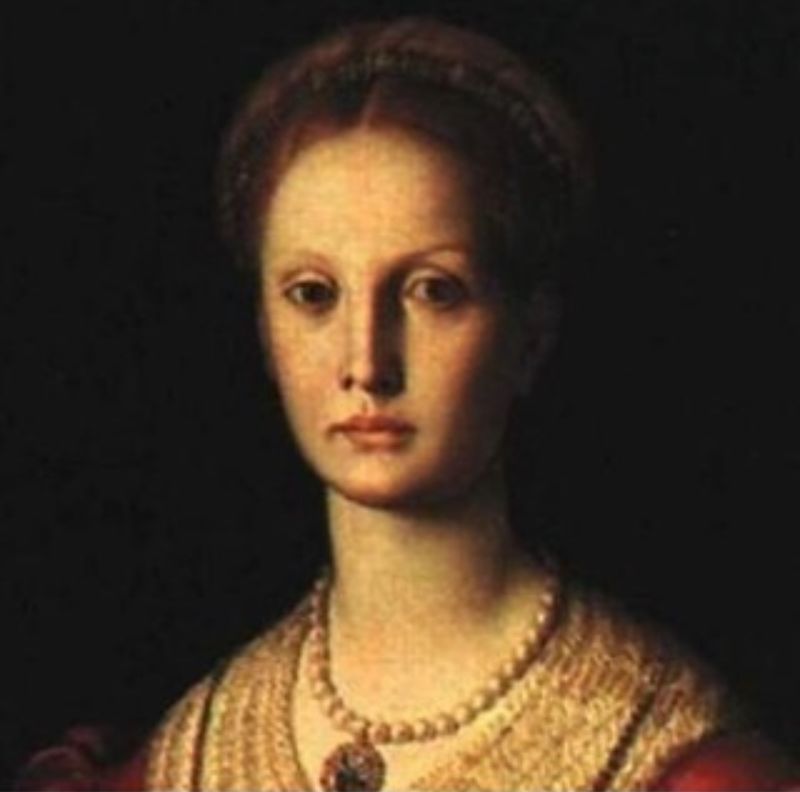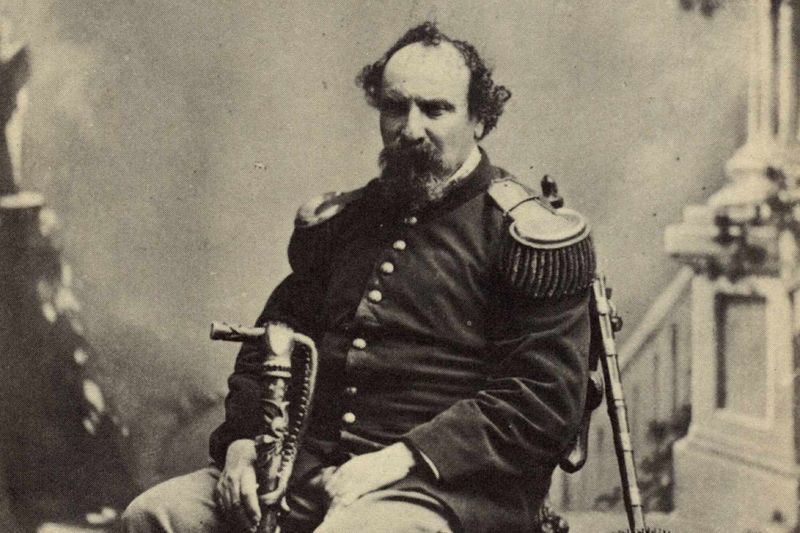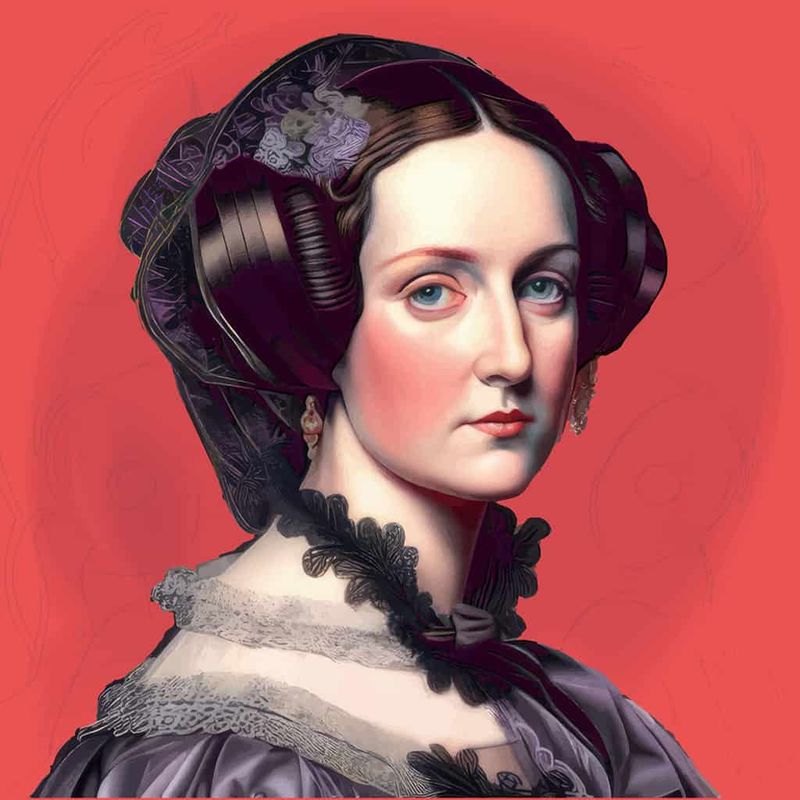History is filled with characters whose lives were anything but ordinary. These individuals defied norms and left behind tales that continue to intrigue and perplex us.
From eccentric geniuses to peculiar rulers, their stories offer a fascinating glimpse into human diversity and creativity. Here, we explore 15 strange historical figures whose lives were marked by unusual events and behaviors.
Each figure brings a unique narrative that challenges conventional thinking and highlights the diversity of human experience. Join us as we delve into the lives of these remarkable individuals and uncover the strangeness that defined their existence.
1. Diogenes of Sinope
Diogenes of Sinope was a Greek philosopher who lived in a barrel. He’s famous for his quest to find an honest man, carrying a lantern in daylight. Diogenes was a founder of Cynicism, advocating for a simple life free from materialism and social conventions.
His unconventional lifestyle and sharp wit made him a controversial figure in Athens. Despite his oddities, Diogenes’ philosophy on self-sufficiency and authenticity has influenced thinkers for centuries.
His life challenges us to question societal norms and embrace individuality. Diogenes remains a symbol of challenging authority and seeking truth.
2. Grigori Rasputin
Grigori Rasputin, a Siberian mystic, wielded extraordinary influence over the Russian royal family before the 1917 Revolution. Known for his piercing eyes and unkempt appearance, he claimed healing powers that captivated Tsarina Alexandra.
Rasputin’s rise to power was marked by scandal, as his unpredictable behavior and close relationship with the royals sparked rumors. Assassinated in 1916, his mysterious life and rumored ability to survive poisoning and gunshots have fueled legends.
Rasputin’s story is a testament to the enigmatic charisma and the chaotic final years of the Russian Empire. His life invites curiosity and skepticism.
3. Hatshepsut
Hatshepsut was one of ancient Egypt’s few female pharaohs, ruling with wisdom and innovation. She donned male attire and a ceremonial beard to assert her authority in a male-dominated society.
Her reign saw vast building projects, including the impressive temple at Deir el-Bahari, which stands testament to her legacy. Despite attempts to erase her from history, Hatshepsut’s story endures as one of female empowerment and strategic brilliance.
Her life encourages reflection on gender roles and leadership. Hatshepsut’s achievements continue to inspire those who challenge the status quo and embrace change.
4. Tycho Brahe
Tycho Brahe was a Danish astronomer renowned for his eccentric lifestyle and contributions to science. Known for his metal prosthetic nose, a result of a dueling accident, Brahe’s life was filled with intrigue.
His observatory on the island of Hven was groundbreaking, and his accurate celestial observations laid the groundwork for Kepler’s laws. Beyond science, his pet moose and lavish parties added color to his story.
Tycho Brahe’s unique life merges scientific pursuit with personal eccentricity, reminding us of the diverse paths to innovation. His legacy inspires curiosity and creativity in exploration.
5. Lord Byron
Lord Byron, a leading figure of the Romantic movement, lived a life as passionate and tumultuous as his poetry. Known for his flamboyant style and scandalous affairs, Byron’s charisma captivated Europe.
His epic works, including ‘Don Juan’, reflect his intense emotions and adventurous spirit. Despite his noble status, Byron’s disdain for societal norms led to a life of exile and wanderlust.
His complex personality and untamed lifestyle continue to intrigue literary enthusiasts. Byron’s story is a testament to the power of creativity and the eternal struggle between conformity and personal freedom. His life encourages unapologetic self-expression.
6. Mary Shelley
Mary Shelley, author of ‘Frankenstein’, led a life intertwined with creativity and tragedy. Daughter of famous intellectuals, her tumultuous relationship with poet Percy Bysshe Shelley fueled her literary pursuits.
Amidst personal loss and societal challenges, she penned the iconic tale of Frankenstein, exploring themes of ambition and identity. Shelley’s life reflects the struggles and triumphs of a woman navigating the literary world of the 19th century.
Her enduring legacy in science fiction and horror underscores the power of imagination. Mary’s life inspires embracing creativity amidst adversity, proving the timelessness of innovation and resilience.
7. Nikola Tesla
Nikola Tesla, an inventor and visionary, revolutionized electricity and technology. His rivalry with Edison and quest for wireless power are legendary.
Tesla’s eccentric habits, such as his obsession with pigeons and aversion to human contact, added to his mysterious persona. Despite financial struggles, his innovations, including alternating current and radio waves, shaped modern technology.
Tesla’s life exemplifies the relentless pursuit of knowledge and the challenges faced by visionaries. His story encourages embracing unique ideas and challenging conventional wisdom.
Tesla’s legacy is a beacon for aspiring inventors and dreamers seeking to change the world.
8. Isadora Duncan
Isadora Duncan, a pioneer of modern dance, broke away from classical ballet conventions. Known for her expressive movements and flowing costumes, she revolutionized dance in the early 20th century.
Duncan’s life was as dramatic as her performances, filled with personal tragedy and bold defiance of norms. Her embrace of free-spirited expression and natural movement inspired generations of dancers.
Despite societal backlash, Duncan’s artistry remains influential, celebrating individuality and emotional depth. Her story is a reminder of the power of artistic freedom and the courage to redefine boundaries. Isadora’s legacy continues to inspire artistic innovation.
9. Howard Hughes
Howard Hughes, an aviation pioneer and Hollywood mogul, lived a life marked by success and seclusion. Known for his groundbreaking aircraft and films, Hughes’ contributions to aviation and cinema were significant.
However, his reclusive nature and obsessive-compulsive tendencies overshadowed his achievements. His later years were spent in isolation, driven by his fear of germs and control.
Hughes’ life is a study in the conflict between genius and mental illness, highlighting the complexities of innovation. His story urges consideration of mental health in high-pressure environments.
Hughes’ legacy remains influential in both aviation and the portrayal of eccentricity.
10. Catherine the Great
Catherine the Great, a German princess turned Russian empress, was known for her intelligence and ambition. Her reign was marked by significant expansion and modernization of Russia.
Despite the controversies and rumors surrounding her personal life, she remains one of Russia’s most successful rulers. Catherine’s political acumen and cultural contributions left a lasting impact on Russian society.
Her life story challenges perceptions of female leadership and power dynamics. Catherine’s reign inspires discussions on governance, legacy, and the role of women in history. Her achievements continue to be celebrated as part of Russia’s rich heritage.
11. Guy Fawkes
Guy Fawkes, infamous for the failed Gunpowder Plot of 1605, remains a symbol of rebellion. His attempt to blow up the English Parliament was driven by religious tensions and marked by secrecy.
Though the plot failed, Fawkes’ capture and execution became a turning point in English history. His legacy endures in the annual Bonfire Night, where effigies are burned in his memory.
Fawkes’ story is a complex tale of faith, revolt, and the consequences of radical action. His life invites reflection on the nature of dissent and the enduring impact of historical events. Fawkes remains a cultural icon of resistance.
12. Alfred Nobel
Alfred Nobel, the inventor of dynamite, is best known for establishing the Nobel Prizes. His invention, intended for peaceful construction, became associated with warfare, leading to personal regret.
Motivated by his legacy, Nobel’s will created the prestigious awards recognizing achievements in peace, science, and literature. His life reflects the duality of innovation, with creations having unintended consequences.
Nobel’s story emphasizes the responsibility that comes with invention and the power of redemption.
His legacy continues to foster progress and honor contributions to humanity. Nobel’s life encourages thoughtful consideration of the impact of our actions.
13. Elizabeth Báthory
Elizabeth Báthory, a Hungarian countess, is often labeled as history’s most prolific female serial killer. Her life is shrouded in legend and horror, with tales of bathing in blood to retain youth.
While accounts remain disputed, her actions during the late 16th century left a trail of mystery and fear. Báthory’s notoriety has inspired countless stories and myths, making her a figure of fascination in gothic literature.
Her life urges caution in accepting historical narratives without scrutiny. Elizabeth’s story challenges us to discern fact from fiction and understand the darker aspects of human nature.
14. Emperor Norton
Emperor Norton, a San Francisco eccentric, declared himself Emperor of the United States in the mid-19th century. His decrees, though whimsical, captured the imagination of the city’s residents.
Norton was beloved for his unique vision and eccentricity, often seen walking the streets in his self-made regalia. His life was a testament to individuality and the power of community acceptance.
Despite his lack of formal authority, Norton’s impact on San Francisco’s culture was profound. His story serves as a reminder of the value of creativity and acceptance of differences. Norton’s legacy continues to inspire those who celebrate individuality.
15. Ada Lovelace
Ada Lovelace, daughter of Lord Byron, is celebrated as the world’s first computer programmer. Her collaboration with Charles Babbage on the Analytical Engine laid the groundwork for modern computing.
Lovelace’s foresight in recognizing the machine’s potential beyond mere calculation was groundbreaking. Her life was marked by a passion for mathematics and an ability to envision the future of technology.
Ada’s legacy highlights the importance of imagination in scientific progress. Her story inspires women in STEM fields, emphasizing the impact of early contributions to technology. Lovelace’s work continues to resonate as a symbol of innovation and vision.
